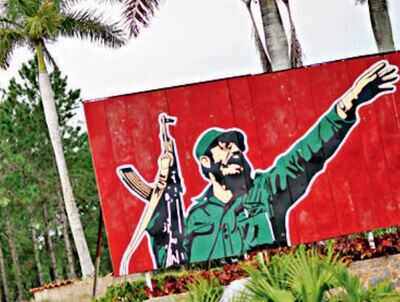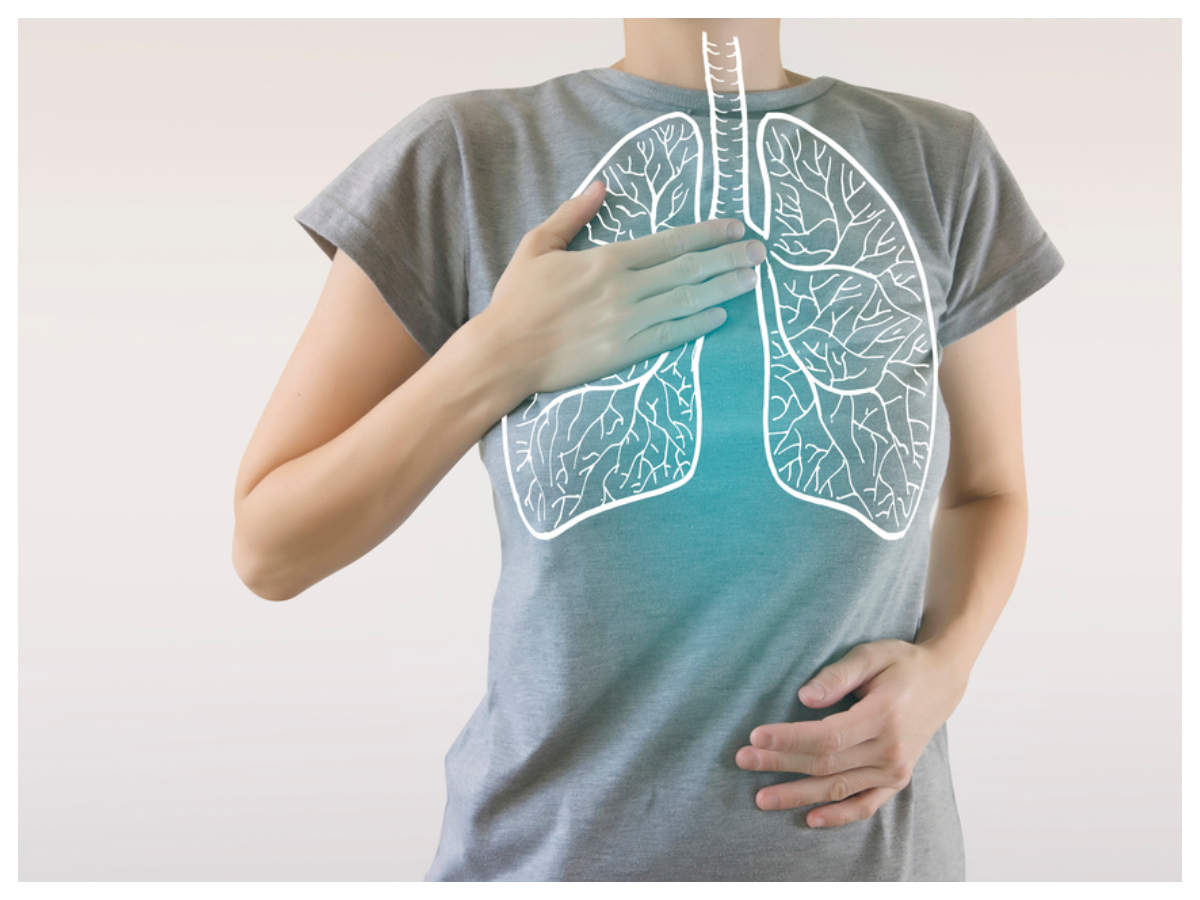
THIRUVANANTHAPURAM: Kerala’s renewed focus on agriculture, dairy and fish farming, announced by CM Pinarayi Vijayan this week to tide over the ‘post-pandemic, long-term’ fiscal crisis, is largely seen as the adaptation of yet another Cuban model by the Leftruled state. This was after the ‘family healthcare’ concept, which sources claim, paid rich dividends in Kerala.
Though CPM is of the opinion that it would be impractical to wholly implement a particular model developed in countries with varied socio-political settings, the party feels that a detailed study of similar models across the globe and their viable adaptations (for attaining self-sufficiency) will be crucial for Kerala’s survival.
“The intensive agricultural activity Cuba witnessed in the 90’s is an example of how a country – already depending on non-domestic commodities and crippled by international sanctions – overcame a crisis similar to one Kerala is facing due to Covid-19,” said CPM politburo member S Ramachandran Pillai.
Kerala cannot adopt a particular model; it would be more sustainable if it can evolve one after studying similar solutions experimented by other countries, he said.
Under Fidel Castro, Cuba embraced an agri revolution post the fall of USSR as survival became difficult. Each parcel of land in the country was converted into farmland and localized production of vegetables and grains phased out the requirement of logistics, which was a major challenge with oil supply getting hit after the US blacklisted the country then.
Covid-19’s impact on global GDP and trade will definitely reduce the state’s agri income, which is mainly from cash crops like rubber, tea, cardamom and pepper, while there will be limitations when it comes to depending on neighbouring states to fill the current food deficit, said Pillai.
He added that the government’s plan to give an impetus to agriculture besides dairy, poultry and fish farming to ‘increase self-sufficiency’ attains significance in this backdrop.A major challenge in Kerala is to promote intensive cultivation in fallow lands even while protecting ownership.
“In Kerala, ‘non-cultivating owners’ keep a major chunk of cultivable land. To increase agri production and productivity, Kerala needs to come out with schemes that can also ensure participation of everyone, including the marginalized sections,” he said.
Foreseeing a long crisis period, the government will be coming out with a comprehensive action plan within a week to ensure food safety and income of farmers, the chief minister had said. The plan is to implement the action plan before the onset of monsoon.
Agriculture department, with support of LSGDs, will chalk out a project to facilitate cultivation in fallow lands, either by owners or by the department with the participation of various agencies.
The aim is to attract youth into the sector and achieve maximum yield. Focus would be on expanding paddy cultivation in 25,000 hectares in two years, besides cultivating other grains, pulses, fruits and vegetables to achieve self-sufficiency in coming months that might turn out to be difficult, the CM had said.
The government will seek Nabard’s support to implement schemes in poultry farming, fish farming and animal husbandry sectors and cooperative societies will provide additional loans to expand production.
Though CPM is of the opinion that it would be impractical to wholly implement a particular model developed in countries with varied socio-political settings, the party feels that a detailed study of similar models across the globe and their viable adaptations (for attaining self-sufficiency) will be crucial for Kerala’s survival.
“The intensive agricultural activity Cuba witnessed in the 90’s is an example of how a country – already depending on non-domestic commodities and crippled by international sanctions – overcame a crisis similar to one Kerala is facing due to Covid-19,” said CPM politburo member S Ramachandran Pillai.
Kerala cannot adopt a particular model; it would be more sustainable if it can evolve one after studying similar solutions experimented by other countries, he said.
Under Fidel Castro, Cuba embraced an agri revolution post the fall of USSR as survival became difficult. Each parcel of land in the country was converted into farmland and localized production of vegetables and grains phased out the requirement of logistics, which was a major challenge with oil supply getting hit after the US blacklisted the country then.
Covid-19’s impact on global GDP and trade will definitely reduce the state’s agri income, which is mainly from cash crops like rubber, tea, cardamom and pepper, while there will be limitations when it comes to depending on neighbouring states to fill the current food deficit, said Pillai.
He added that the government’s plan to give an impetus to agriculture besides dairy, poultry and fish farming to ‘increase self-sufficiency’ attains significance in this backdrop.A major challenge in Kerala is to promote intensive cultivation in fallow lands even while protecting ownership.
“In Kerala, ‘non-cultivating owners’ keep a major chunk of cultivable land. To increase agri production and productivity, Kerala needs to come out with schemes that can also ensure participation of everyone, including the marginalized sections,” he said.
Foreseeing a long crisis period, the government will be coming out with a comprehensive action plan within a week to ensure food safety and income of farmers, the chief minister had said. The plan is to implement the action plan before the onset of monsoon.
Agriculture department, with support of LSGDs, will chalk out a project to facilitate cultivation in fallow lands, either by owners or by the department with the participation of various agencies.
The aim is to attract youth into the sector and achieve maximum yield. Focus would be on expanding paddy cultivation in 25,000 hectares in two years, besides cultivating other grains, pulses, fruits and vegetables to achieve self-sufficiency in coming months that might turn out to be difficult, the CM had said.
The government will seek Nabard’s support to implement schemes in poultry farming, fish farming and animal husbandry sectors and cooperative societies will provide additional loans to expand production.

Coronavirus outbreak
Trending Topics
LATEST VIDEOS
City
 Delhi lockdown: People flout social distancing norms in Chandni Chowk ahead of Ramzan
Delhi lockdown: People flout social distancing norms in Chandni Chowk ahead of Ramzan  How a crocodile was rescued in Telangana
How a crocodile was rescued in Telangana  'Stay at home' message passed on by canine squad of bomb detection and disposal unit of Nagpur Police
'Stay at home' message passed on by canine squad of bomb detection and disposal unit of Nagpur Police  Covid-19 crisis: Empty wallets, stomachs and promises, workers in a fix in Chennai
Covid-19 crisis: Empty wallets, stomachs and promises, workers in a fix in Chennai
More from TOI
Navbharat Times
Featured Today in Travel
Quick Links
Kerala Coronavirus Helpline NumberHaryana Coronavirus Helpline NumberUP Coronavirus Helpline NumberBareilly NewsBhopal NewsCoronavirus in DelhiCoronavirus in HyderabadCoronavirus in IndiaCoronavirus symptomsCoronavirusRajasthan Coronavirus Helpline NumberAditya ThackerayShiv SenaFire in MumbaiAP Coronavirus Helpline NumberArvind KejriwalJammu Kashmir Coronavirus Helpline NumberSrinagar encounter
Get the app



